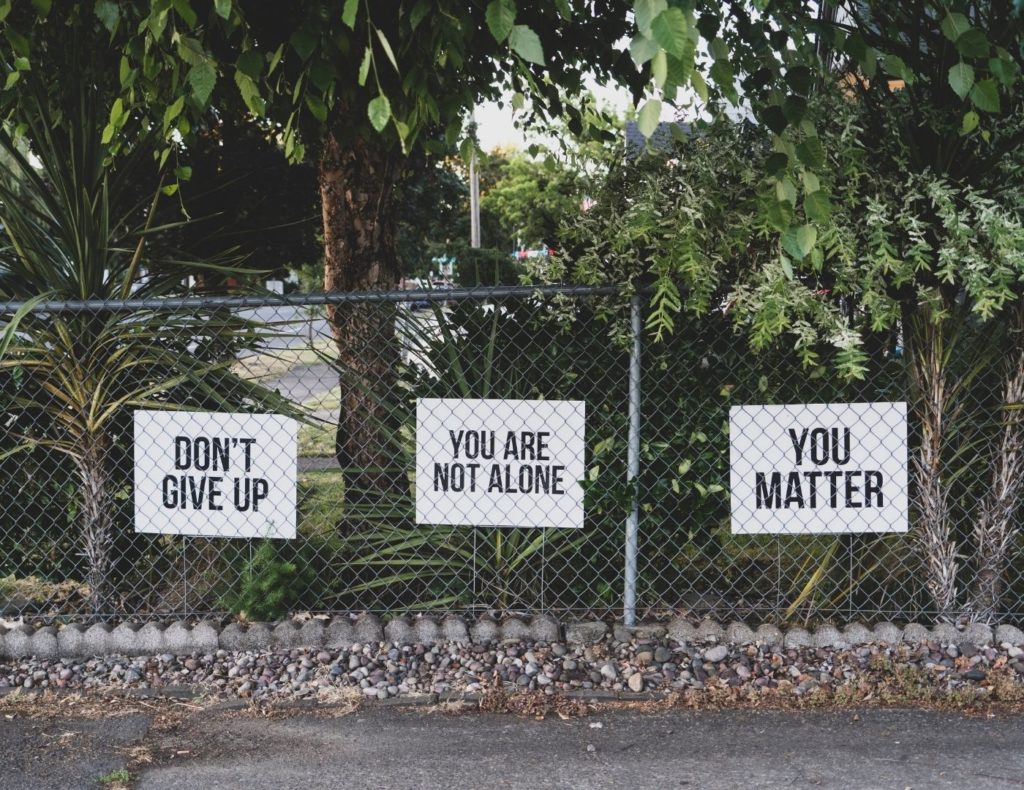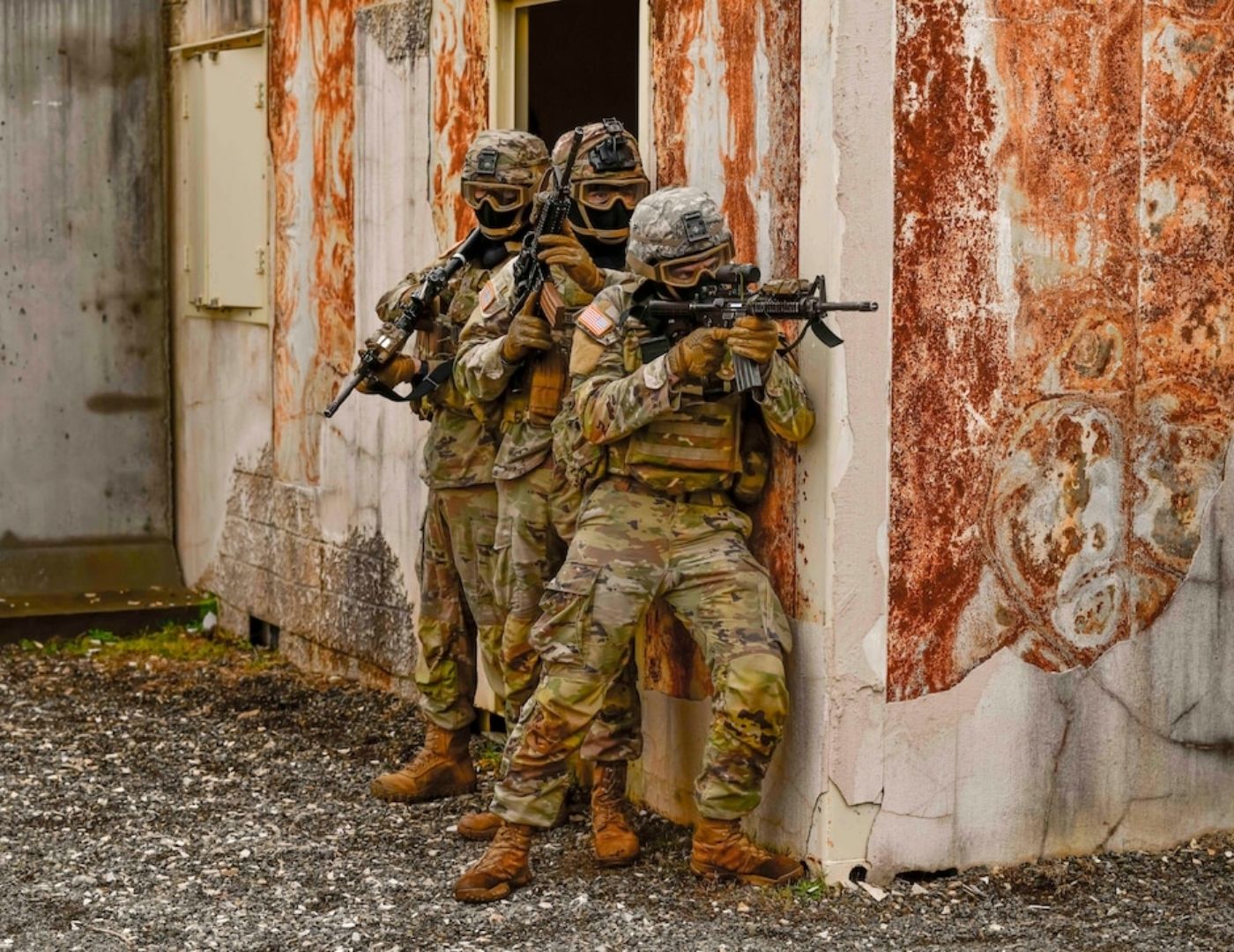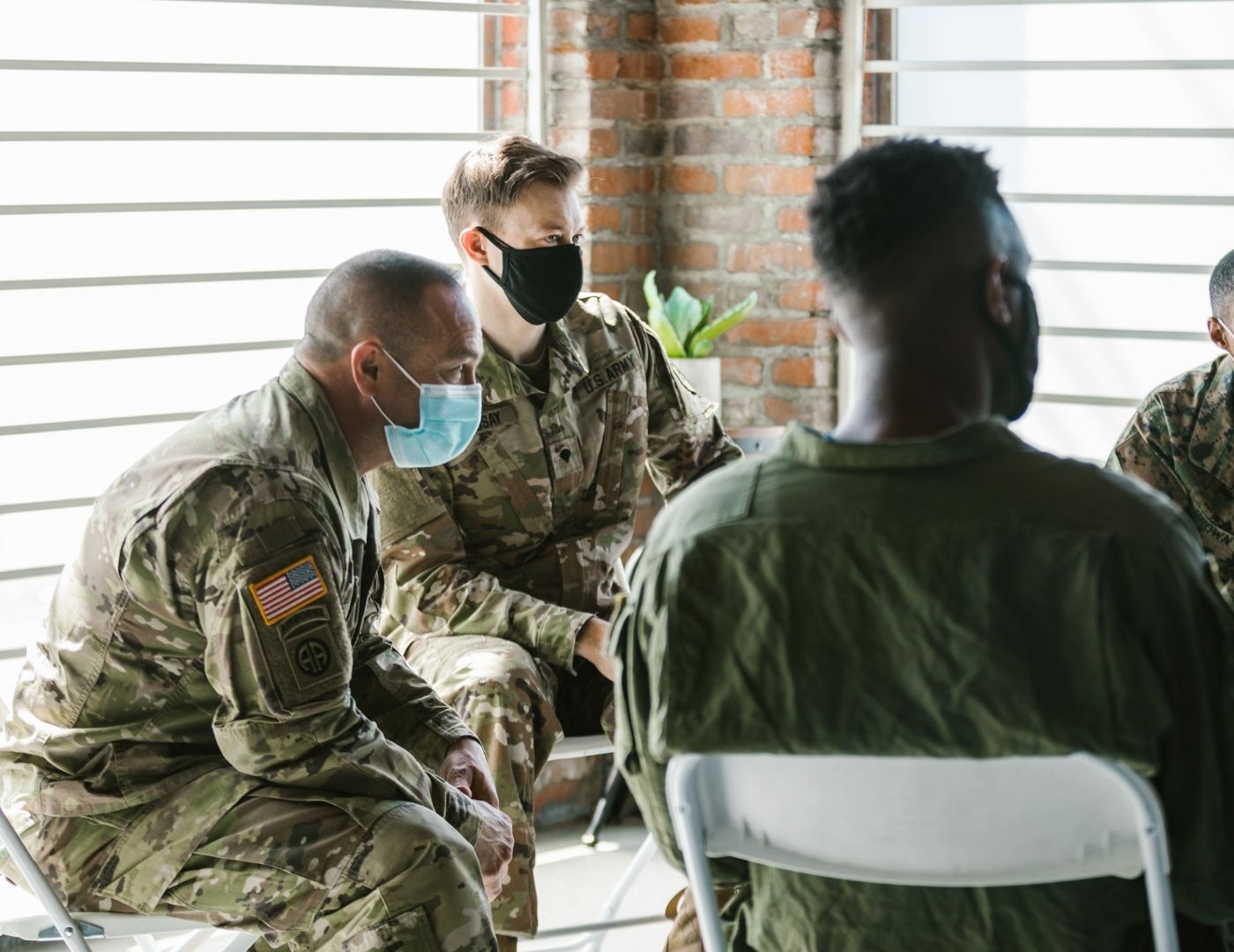First, What is PTSD?
PTSD is one of the most common disabilities veterans suffer from post-service, and it affects everyone differently. Coping with PTSD is not linear by any means. Commonly paired with PTSD are paranoia, depression, substance abuse, and anxiety, all of which negatively impact their hosts’ lives.
Treating PTSD
When it comes to treating PTSD, everyone is different because every case is unique, which is why recognizing the symptoms is so important. For some, medication may be the best way to treat their symptoms. For others, medications could make matters worse and increase some of their symptoms.
Communication is key
Communication is massive when battling PTSD or any of its symptoms, whether with a therapist you enjoy speaking with or a fellow Veteran.
There are great organizations like Recall Roster that have Facebook groups for Veterans to connect. Vet-to-Vet communication is enormous, especially for those who have fallen out of touch or have lost those they served alongside.
Staying busy with PTSD
Another significant component that can make a huge impact is staying active and keeping busy. That could mean working out regularly to keep your endorphins flowing and stress levels down, getting out in nature for a long hike or walk, or putting time into a hobby you thoroughly enjoy that keeps your mind at work and distracted.
Know the symptoms
It also helps to KNOW the symptoms and when to ask for help. Being able to recognize these symptoms can better help you understand how to approach your specific case.
It is best to avoid alcohol and drugs when you have PTSD. These substances can amplify the trauma you are working through and have massive potential to set you back.
Simple pleasures
Practicing relaxation techniques and focusing on well-being can also have a huge impact. Looking for enjoyment in the little things can be challenging to do while battling PTSD. Focusing on the minor things that bring joy or a sense of relief can also help greatly.
Examples are things that are elementary to your senses, like the scent of the air after it rains, the feel of the sun hitting your skin as you walk outside, or the taste of every bite you take of your favorite dish.
Find what works for you
As mentioned above, coping with PTSD is not linear. Find what works for you. It might feel hard to believe sometimes, but you ARE here for a reason. You DO have a lot to offer the world, even when it feels hard to see.
If you need some direction or someone to talk to, you can call 1-800-273-8255 and Press 1 or text 838255. For more information contact us.
Written by Advice for Veterans










